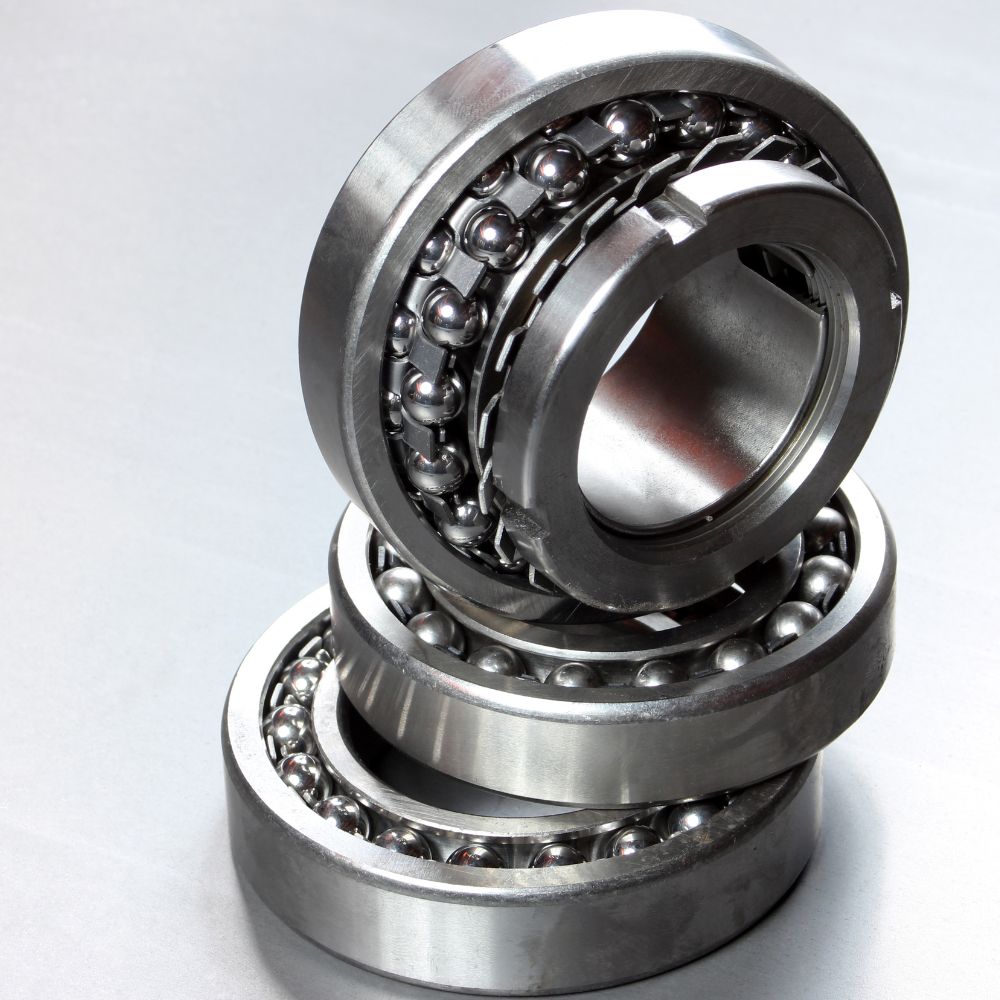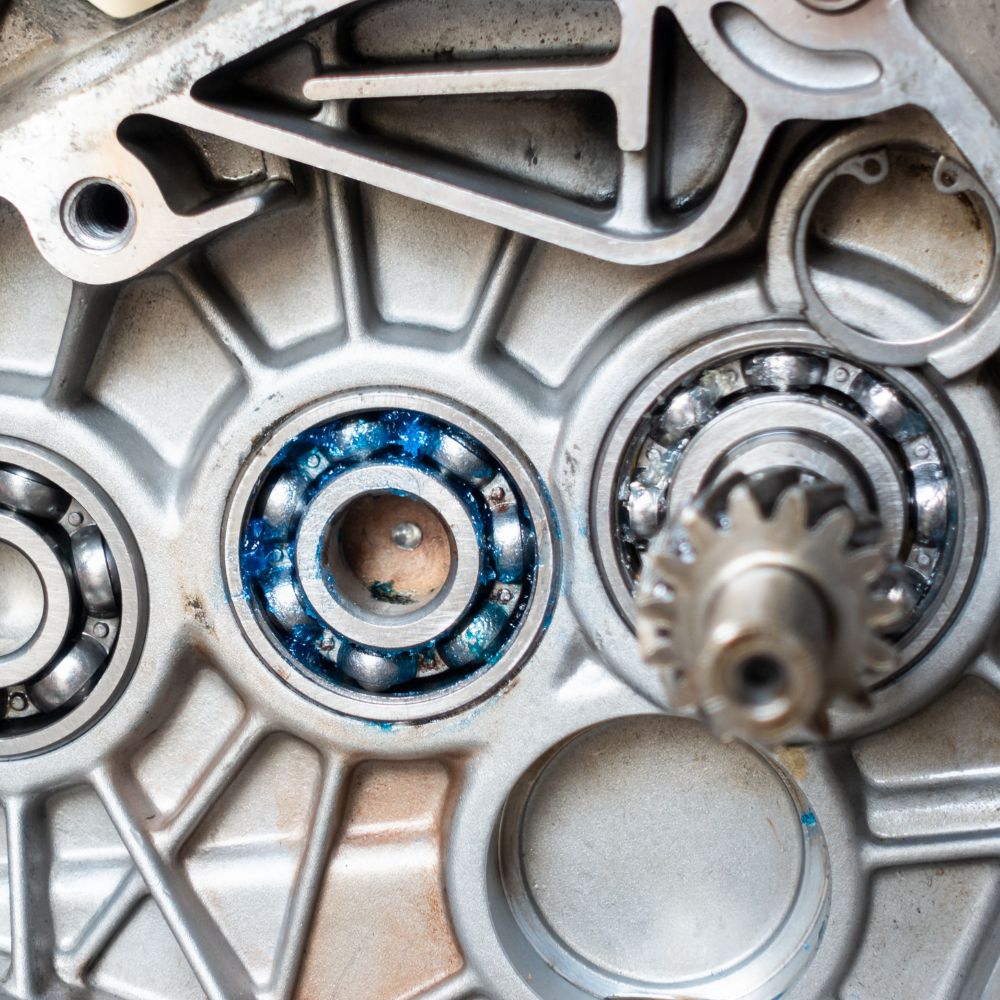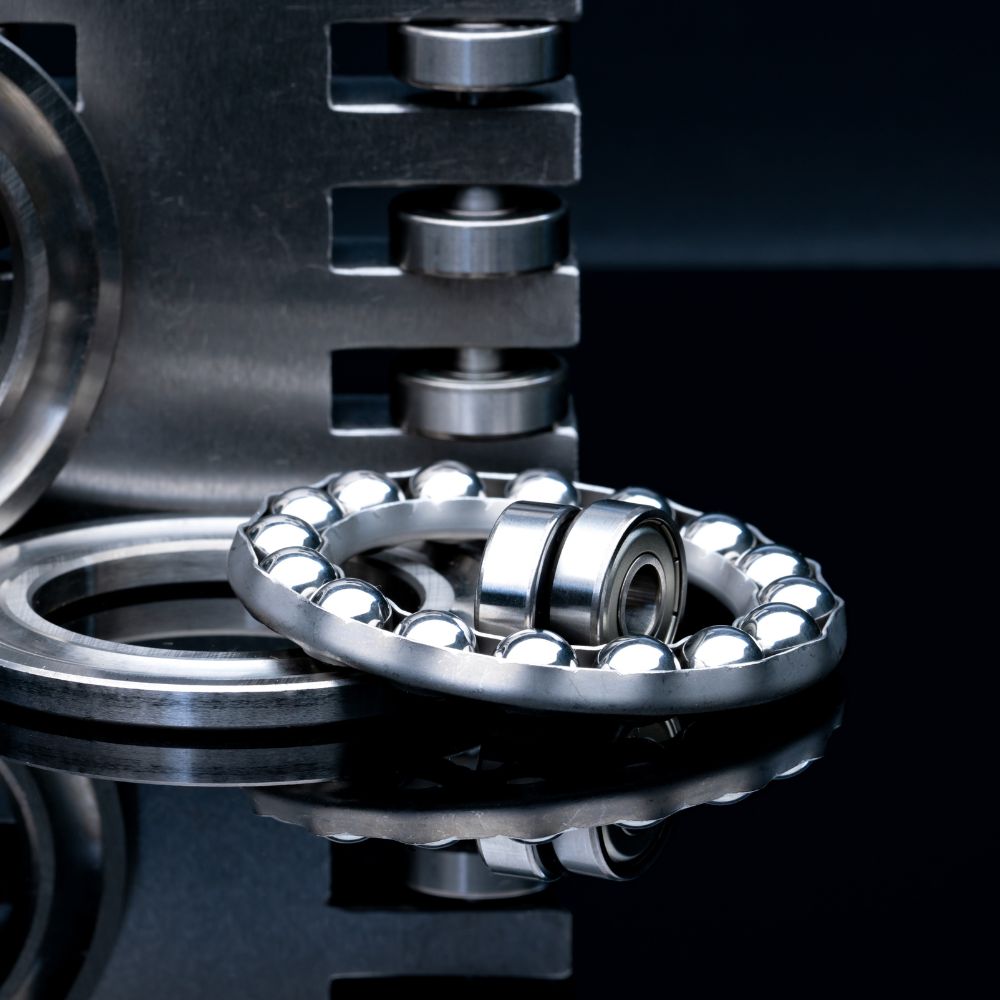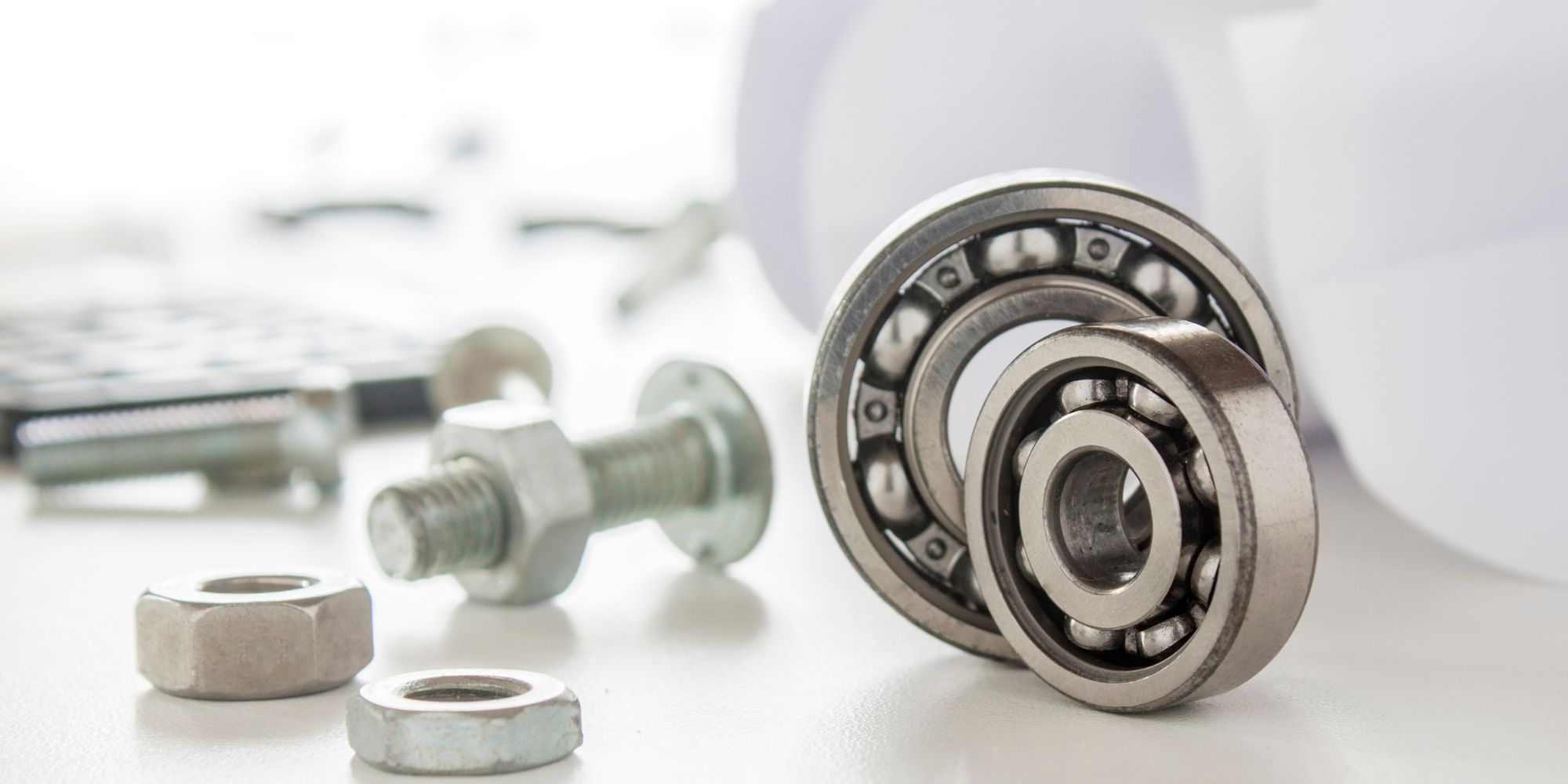The ball bearing its wheels car they are essential components that allow your vehicle's wheels to turn smoothly and efficiently. They are responsible for supporting the weight of your car, absorbing shocks and turns and ensuring a comfortable and stable ride. Understanding the importance of wheel bearings and recognizing the signs of wear is vital to maintaining the safety and performance of your vehicle.
What are car wheel bearings and how do they work?
Wheel bearings are circular components and consist of an inner and outer race, with rolling elements (such as balls or rollers) in between. As the wheel rotates, the bearing allows the wheel to rotate freely while supporting the weight of the vehicle and absorbing the forces exerted during driving.

Signs of worn car wheel bearings
Recognizing the signs of worn wheel bearings is vital to preventing further damage and ensuring the safety of your vehicle. Some common indicators of bearing failure include:
-
Noise:
Worn or damaged wheel bearings can produce various noises, especially when turning or driving at high speeds.
-
Vibration:
Worn bearings can cause noticeable vibration in the steering wheel or the entire vehicle.
-
Uneven tire wear:
If one of your wheel bearings fails, it can cause uneven tire wear on that side, leading to premature tire replacement.
-
Difficulty steering:
Faulty wheel bearings can make your vehicle harder to drive.

Importance of timely replacement
Replacing your car's wheel bearings at the first sign of wear is vital to maintaining its safety and performance vehicle your. Worn bearings can lead to a number of problems, including:
Increased risk of wheel separation: A worn bearing can cause the wheel to detach from the vehicle, potentially leading to a serious accident.
Damage to other components: Defective bearings can cause additional damage to the wheel, suspension and other related parts.
Reduced fuel efficiency: Worn bearings create more drag, which can lead to reduced fuel economy.
Reduced handling and control: Bearing wear can make it harder to drive and control your vehicle, putting your safety on the road at risk.

Factors Affecting the Service Life of Automotive Wheel Bearings
The life of its wheel bearings car may vary depending on a number of factors, including:
Driving conditions: Bearings in vehicles driven in harsh conditions, such as off-road or in extreme weather conditions, may wear more quickly.
Vehicle weight: Heavier vehicles, such as trucks and SUVs, put more stress on wheel bearings, leading to shorter life.
Maintenance History: Regular maintenance, including proper lubrication and inspection, can extend the life of your wheel bearings.
Kilometers: As your vehicle accumulates more miles, the bearings are subject to more wear and tear, increasing the chance of failure.
When should I replace my car's wheel bearings?
The recommended replacement interval for wheel bearings may vary depending on the make, model and driving conditions of your vehicle. As a general rule, it's a good idea to inspect and replace your wheel bearings every 60,000 to 100,000 km or whenever you notice any of the signs of wear mentioned earlier.
Car Wheel Bearing Maintenance Tips
To extend the life of its wheel bearings car and prevent premature failure, consider the following maintenance tips:
- Check the bearings regularly for signs of wear.
- Keep the wheel bearings properly lubricated by servicing them according to the manufacturer's recommendations.
- Avoid driving in rough conditions, such as off-road or in deep water, which can introduce contaminants and accelerate bearing wear.
- Replace the bearings as a complete set (all four wheels) to ensure even wear and performance.
- Avoid overloading your vehicle, as excess weight can put additional stress on the wheel bearings.
Conclusion: Ensure safety and performance with timely replacement
Maintaining the health of your car's wheel bearings is vital to ensuring the safety and performance of your vehicle. By recognizing the signs of wear, understanding the factors that affect bearing life, and replacing them at the first sign of trouble, you can prevent costly repairs and keep your car running smoothly for years to come.
If you are unsure about the condition of your car's wheel bearings or when they should be replaced, don't hesitate to consult a professional mechanic. They can inspect your vehicle, provide recommendations and ensure your wheel bearings are properly maintained and replaced as needed to keep you safe on the road.


Contact Form